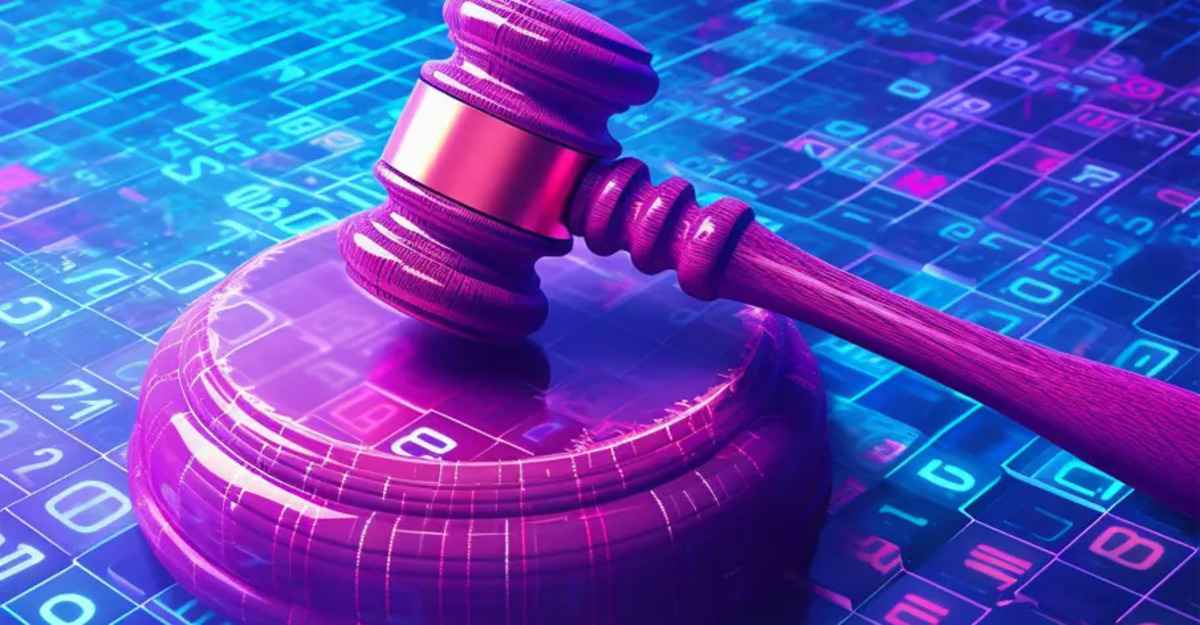The rapid advancement of artificial intelligence has brought AI and copyright issues into sharp focus. Recent court rulings in the United States reveal a growing legal divide between AI developers and copyright holders. In a landmark case, a federal judge ruled that Anthropic’s use of copyrighted books to train its AI system fell under fair use. However, the same judgment found the company liable for copyright infringement due to its unauthorized storage of millions of pirated books. This case highlights the growing complexity of applying copyright law to AI technologies.
Fair Use in AI: A Double-Edged Sword
Under U.S. law, the fair use doctrine permits limited use of copyrighted material without direct permission, particularly when the use is “transformative.” The AI and copyright issues are now testing this legal boundary. In Anthropic’s case, the judge declared that the AI model’s use was “exceedingly transformative,” as it created entirely new content rather than merely replicating original works. This judgment could encourage broader use of copyrighted materials in AI training—under very specific conditions.
When Fair Use Ends: Storage of Pirated Material
Despite a favorable ruling on fair use, Anthropic’s maintenance of a massive database—containing over seven million pirated books—was deemed unlawful. The court made it clear that transformative use does not excuse the possession of illegally obtained material. This ruling underscores a vital aspect of the AI and copyright issues: even lawful usage in training cannot coexist with illicit data storage.
Meta’s Win and Its Broader Impact
In a related legal battle, Meta emerged victorious after being sued by 13 authors who claimed their books were unfairly used to train AI systems. The court sided with Meta, citing the lack of demonstrated financial harm to the authors. This decision, under the umbrella of fair use, may set a precedent for how courts assess the AI and copyright issues moving forward.
Key Criteria for Fair Use in AI
Fair use is determined by several factors:
- The purpose and character of the use
- The nature of the copyrighted material
- The portion of the content used
- The impact on the original work’s market
In Meta’s case, the absence of any proven damage to book sales tipped the balance in favor of the company. This reveals how market impact remains a central argument in the AI and copyright issues.
What These Rulings Mean for AI Development
These court decisions show a cautious acceptance of fair use in AI training. However, they also emphasize the legal necessity of sourcing content properly. Companies may be compelled to license copyrighted materials rather than rely on legal ambiguity. The AI and copyright issues will likely force AI firms to rethink their data acquisition strategies in a more compliant and transparent manner.
More Lawsuits on the Horizon
Legal challenges continue to surface. Microsoft is currently under scrutiny for allegedly using pirated books in its AI training datasets. The outcomes of such cases will further define the scope and limitations of fair use in AI. As innovation accelerates, the AI and copyright issues will remain a contentious and defining legal battleground.




